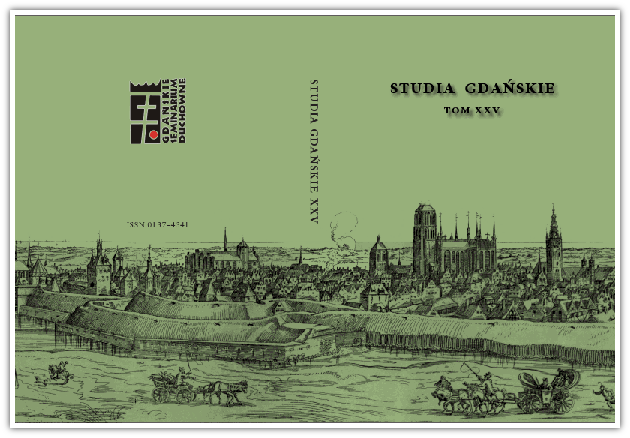Locutio mundi – znaczenie i zakres określenia „sakramentalność świata”
Locutio mundi: Meaning and Range of the Concept of Sacramentality of the World
Author(s): Andrzej DańczakSubject(s): Christian Theology and Religion, Theology and Religion
Published by: Gdańskie Seminarium Duchowne, Kuria Metropolitalna Gdańska
Keywords: Sacramentality of the World; Locutio mundi
Summary/Abstract: The aim of the article is to analyse the legitimacy of the use of the term sacramentality in the case of the world as well as its meaning and possible range. Nature that surrounds man has an ambiguous character: on the one side it provokes fright because of its destructive power, on the other side – and this is probably a much more common experience – it is an object of admiration which can lead to the experience of transcendence and subsequently also to faith. In a way the world speaks to rational man and this quality is described very often in theology as the sacramentality of the world. The term requires today more precision, particularly concerning its relation to other commonly accepted sacramental dimensions in modern theology: sacramentality of Christ, sacramentality of the Church and of course that of seven sacraments-rites. Its relation to a widely understood sacramentality of the history of salvation must also be considered. As a result of the reflection, usage of the term sacramentality of the world seems to be totally justified. It fulfils the necessary aspects which refer to the phenomenon of sacramentality present in modern theology, maintaining its own character: the world is sacramental a priori. Its sacramentality does not require an act of institution. The world needs much more its reader who is human being. In all the other three cases (Christ, the Church and seven sacraments) a previously neutral dimension (human nature or matter) is transformed into a new quality by God’s decision (although each of the above mentioned cases is very different from the others). The meaning of the sacramentality of the world is associated with personal experience: nature can lead the thought of man very far. It is able to provoke existential questions but also suggests answers thus becoming a stage of a particular experience in which the world speaks to man. Such locutio mundi means that the material world is a medium by which in reality God speaks and the world may become a dimension of the encounter with the infinity. The question of the range of the term requires a distinction between the knowledge of the world which comes from the natural sciences and personal experience. The latter can also be partially based on scientific knowledge but at the same time it remains always a subjective phenomenon. The concept of sacramentality of the world embraces a wide ambit of possibilities which direct human thought towards the transcendence. Today’s theological reflection indicates also that not only the Universe or the world as a whole can be witnesses of the transcendence; also some particular internal processes like evolutionary development may provoke existential reflection.
Journal: Studia Gdańskie
- Issue Year: 2009
- Issue No: 25
- Page Range: 13-34
- Page Count: 22
- Language: Polish

